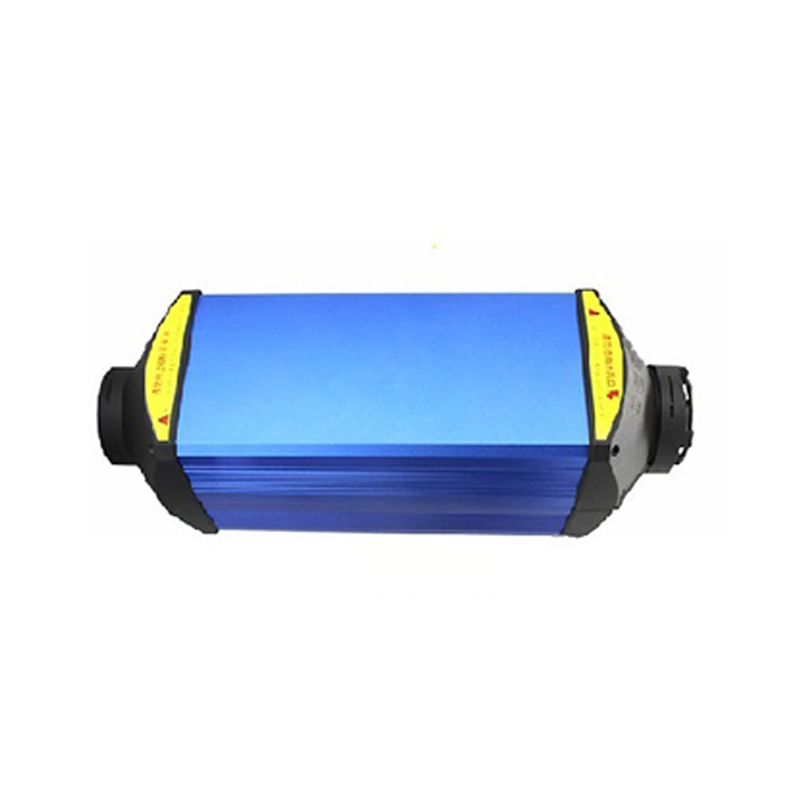The Car Parking Water Heater is designed to preheat a vehicle's engine and cabin using the vehicle's own coolant system. To ensure durability and long-term performance, surface treatment plays an important role in the heater's effectiveness and lifespan.

The outer casing of the Car Parking Water Heater is usually treated with anti-corrosion coatings. Powder coating or anodizing is commonly applied to metal components to resist rust and moisture, especially since these heaters are often exposed to road salt, water, and varying temperatures. A smooth and durable finish prevents oxidation and surface wear.
Heat exchangers inside the Car Parking Water Heater may receive special thermal coatings to enhance heat transfer and protect against thermal fatigue. These treatments allow the unit to maintain performance under continuous heating cycles. In some designs, high-grade stainless steel is used in combination with protective coatings to provide better resistance to heat and corrosion.
In addition, surface treatments can include ceramic coatings on high-temperature areas, especially those that come into direct contact with exhaust gases or high-heat elements. These treatments improve efficiency and add to the safety of the unit.
When camping in colder regions, maintaining warmth inside a vehicle or tent is essential. The diesel heater for car—especially in camping scenarios—offers a reliable solution. These heaters are commonly powered by the vehicle's diesel fuel and connected to a 12V or 24V battery system, making them ideal for off-grid use.
The working principle is based on air heating through controlled diesel combustion. A diesel heater for car draws in air from the surroundings and passes it through a combustion chamber where diesel is ignited. The heat generated from this combustion is transferred to the air using a heat exchanger. A fan then blows this warm air into the vehicle cabin or enclosed space, quickly raising the internal temperature.
Importantly, the combustion process is isolated from the warm air output. This separation ensures that exhaust gases are safely vented outside, making the system safe for enclosed environments such as camper vans, tents, or cabins. The diesel heater for car typically includes safety mechanisms such as flame sensors, temperature control, and automatic shut-off in case of overheating.
Digital control units and remote options are also available, allowing users to preheat their space before entering. This convenience is especially useful during early mornings or when returning from outdoor activities.
For campers who prioritize reliability and low energy use, the diesel heater for car is a proven solution that works in various conditions, providing warmth without the need to idle the engine.
The Car Diesel Parking Air Heater has become increasingly popular among drivers, campers, and fleet operators for one main reason—it provides heat without needing to keep the engine running. The Car Diesel Parking Air Heater is compact, energy-efficient, and designed to operate on low diesel consumption, making it an ideal choice for long-distance drivers and outdoor adventurers alike.
Unlike traditional heating systems, the Car Diesel Parking Air Heater functions independently of the engine. This means it can warm the cabin during stops, overnight camping, or while waiting in cold weather—without using up fuel to idle the engine. This independent function makes the Car Diesel Parking Air Heater a practical solution in both personal and commercial settings.
Another reason why the Car Diesel Parking Air Heater is so widely used is its efficiency. Many models consume between 0.1 and 0.3 liters of diesel per hour. Given this low consumption rate, a full tank can provide heating for hours or even days, depending on the setup. The Car Diesel Parking Air Heater is thus ideal for use in vehicles with limited fuel capacity or in off-grid environments where fuel management is essential.